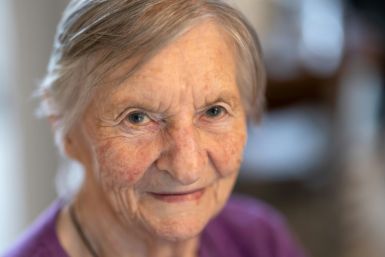Qantas Tries Cooking Oil for Test Flight
Qantas will use vegetable cooking oil for a historic test flight between Sydney and Adelaide on April 13.
It will use imported biofuel mix made by SkyNRG, a Dutch firm. It was the same biofuel that powered a Lufthansa jet which flew a domestic passenger German route from July 2011 to January 2012.
Qantas would use the biofuel on an Airbus A330 jet.
The Qantas pilot test would follow a similar try made by Airbus, in a consortium with Virgin and Licella which manufactured a biocrude oil from waste and Mallee eucalyptic roots. Airbus has also combined with Boeing and Embrader to give biofuels more global push.
Qantas has been working with American firms Solena, which makes biofuel from household waste, and Solyzene, which produces biofuel from algal waste, to develop a potential biofuel production facility in Australia. Aviation observers said that despite the tapping of cooking oil mix for the Qantas aircraft plans by the two US biofuel manufacturers to set up a facility in Australia it has not progressed as fast as hoped.
By using SkyNRG biofuel instead of that made by Solena and Solyzene, Qantas would actually spend more than if it used standard aviation fuel, however, the Australian air carrier apparently does not mind since it will give more push to plans to develop a viable alternative to conventional jet fuel which has risen above $120 per barrel.
Qantas said the biofuel it would use on the pilot flight has been endorsed by the World Wildlife Fund and has a life cycle carbon footprint 60 per cent smaller than conventional aviation fuel.
Qantas is looking into two other biofuel projects. The first one involves the conversion of urban waste into fuel and the second uses sugar cane waste.
According to a CSIRO study made in 2011 and endorsed by major aviation businesses, biofuel could reduce aviation greenhouse gas emissions by 17 per cent over the next 20 years.
Qantas head of environment John Valastro said until production of biofuel reaches commercial scale at a competitive price, the aviation industry would not be able to realise its true benefits. He added not a single player could make it happen, but such a venture would need more support from government, private sector investment, access to infrastructure and market demand.






